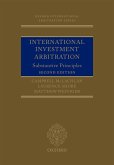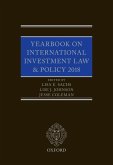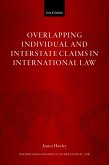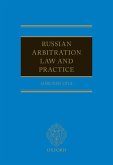Although the recognition of States is a common occurrence in international relations and retains a central position in discussions of international law, its nature and legal effects have remained controversial well into the twenty-first century. While some believe that recognition plays a fundamental role in the creation of statehood, others deny recognition any legal value. Regardless, debates surrounding any case where statehood is disputed will sooner or later turn to the matter of recognition, or lack thereof, by other States. This book challenges the widespread views of statehood as an absolute or empirical fact and of recognition as merely declaratory in the creation of States as the primary and original persons of international law. Drawing upon a comparative analysis of contested States ranging from Palestine and Kosovo to Somaliland and Eastern Ukraine, this book seeks to ascertain the normative value and the effects of the act of recognition in various situations, distinguishing between: cases where statehood may be inferred from applicable rules of international law, cases where statehood could only be explained by recognition, and cases where the establishment of a State is prevented by international legal norms. In addition to discussing a range of issues related to recognition, this book provides an up-to-date overview of the history of recognition, the positions of various governments, and a broad, critical summary of domestic and international jurisprudence.
Dieser Download kann aus rechtlichen Gründen nur mit Rechnungsadresse in A, B, BG, CY, CZ, D, DK, EW, E, FIN, F, GR, HR, H, IRL, I, LT, L, LR, M, NL, PL, P, R, S, SLO, SK ausgeliefert werden.









